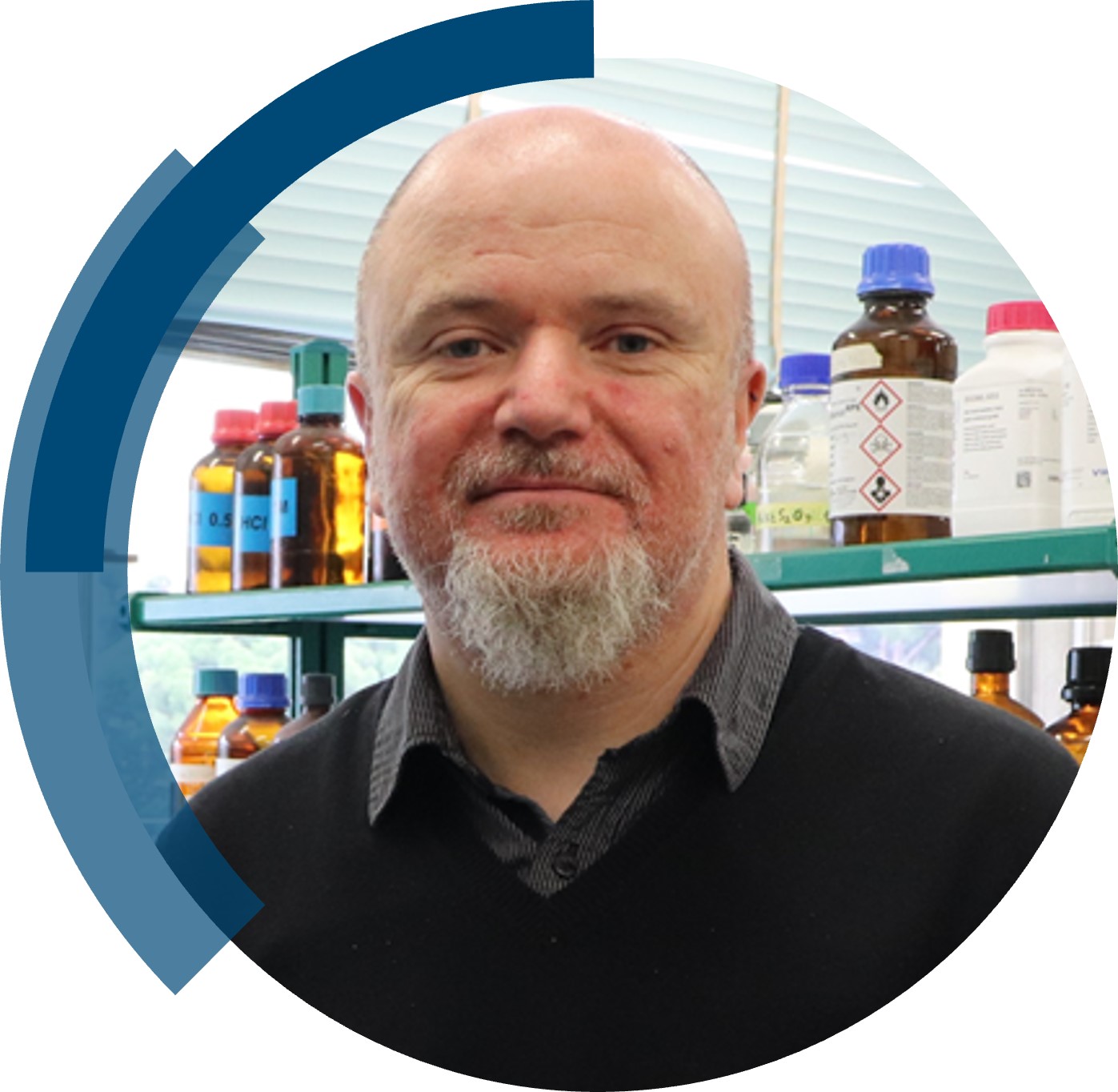ChemComm is publishing its 60th volume in 2024. Over the past 60 years, ChemComm has been the RSC’s most cited journal, and one of the most trusted venues for rapid publication of short communications. In our anniversary year, we recognise the important contributions ChemComm has made, and continues to make, in advancing the chemical sciences.
As part of our anniversary celebrations, we’ve brought together a collection featuring the latest research from some of our most loyal and dedicated authors. From those marking the beginning of their independent academic career by publishing their first article with us, to the rising stars and established leaders publishing in our yearly ‘Emerging Investigators’ and ‘Pioneering Investigators’ collections, this collection champions the contributions of our worldwide author community. We are proud many authors choose to support our journal by regularly publishing their best work with us. This collection also features papers from our ChemComm Emerging Investigator Lectureship winners, and our Outstanding Reviewer awardees, whose invaluable feedback has shaped our published content through the years.
To accompany the collection, we’ll be publishing interviews with contributing authors where they provide further insight into their research and reflect on their journey with ChemComm.
Check out our interview with Dr Ignacio Alfonso (Institute of Advanced Chemistry of Catalonia (IQAC), Spain) below!
 |
Ignacio Alfonso was initially trained as organic chemist at the University of Oviedo in Spain (PhD in 1999). He has worked in top-rated institutions in France (University of Strasbourg, short stay in 1997) and USA (The Scripps Research Institute, postdoc in 2000-2002). After being selected for the prestigious Ramon y Cajal tenure-track contract in 2004 (Universitat Jaume I, Castellón), in 2007 he got a permanent position at IQAC-CSIC in Barcelona, where he created the Supramolecular Chemistry Group that he leads since then. His research interests are supramolecular chemistry, chemical biology, complex dynamic chemical systems and in general all aspects related to the molecular recognition of biorelevant species and the corresponding biomedical applications. |
What is your favourite thing about ChemComm?
From my very first steps in science as a researcher, ChemComm has been always one of my favourite multidisciplinary chemistry journals to keep up updated about the most recent findings and results. The concise short communication format in combination with Feature and Highlight articles is an excellent easy-to-read source of recent hot information. Moreover, the very professional work from the editors and reviewers make the publication process soft and extremely rewarding. All in one paying careful attention to the top standards of quality and scientific rigor.
Could you provide a brief summary of your recent ChemComm publication?
My last contribution to ChemComm is a Feature article highlighting our most recent results within the interphase of supramolecular chemistry and chemical biology. My personal evolution as a scientist has brought me to combine my shared interests in these two subdisciplines of chemistry, which actually have many things in common. Supramolecular processes are key in chemical biology and supramolecular chemists are very often inspired by biological systems. Thus, there is a clear potential feedback between the two branches of chemistry that I am intending to reflect in this contribution with a selection of our works and those from others. Different conceptual approaches from more conventional host-guest chemistry to complex systems-inspired approximations are described and somehow compared.
In your opinion, what are the next steps or potential areas of research that could build upon the findings in this paper?
My intention with this manuscript was double. On one hand, I wanted to reflect the main scientific philosophy of the chemical research in our group as a necessary combination of apparently different approaches and subdisciplines to tackle fundamental challenges with potential real-life applications. On the other hand, I would like to facilitate the discussion between two chemistry families (supramolecular and biological) that would mutually benefit from tighter collaboration. As a scientist with experience in both fields, I see clear parallelisms in approaches, techniques, scientific goals and also hurdles. Maybe I was too ambitious with the last objective, but considering the transversality of chemistry and science in general, I strongly believe that borders between disciplines should gradually fade away.
Be sure to read Ignacio’s Open Access Feature article, “Supramolecular chemical biology: designed receptors and dynamic chemical systems” to learn more!











